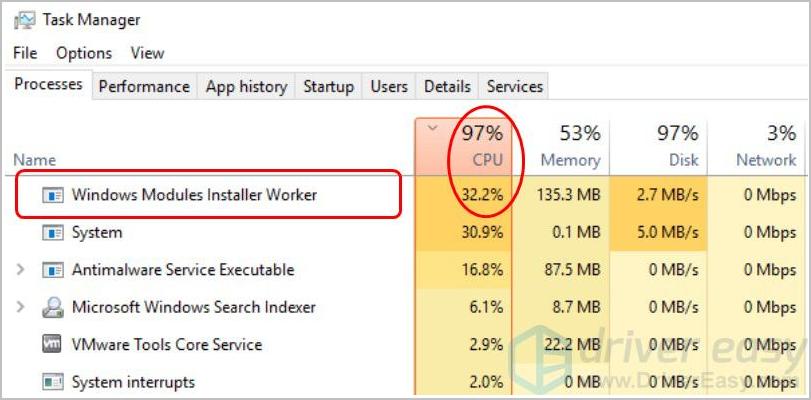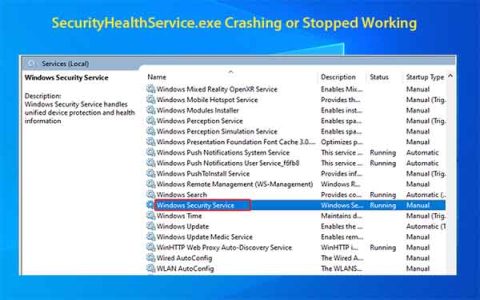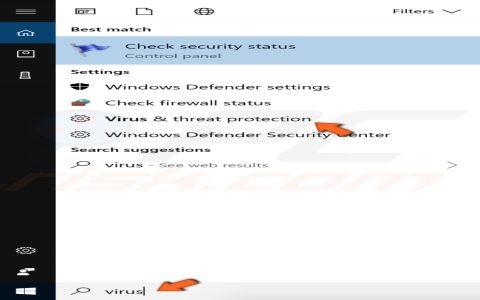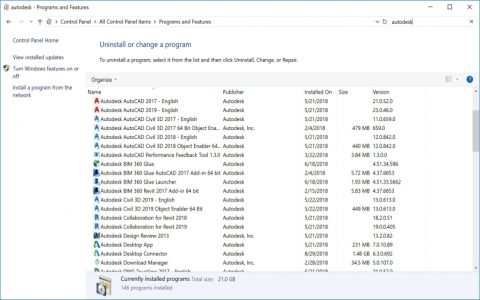The Windows Installer Worker Module (*) is a core background process belonging to the Windows Installer service (*). Its primary role is executing the actual installation, configuration, updating, and removal of software deployed using the MSI (Microsoft Installer) package format.
Core Responsibilities:
- Deployment Execution: Performs the physical actions specified within an MSI package – copying files, modifying the Registry, creating shortcuts, registering components.
- Transaction Handling: Operates within a framework to support installation rollback. If an MSI installation fails or is canceled, the worker module attempts to revert changes, restoring the system to its previous state.
- Configuration Changes: Carries out modifications during application updates or repairs.
- Component Maintenance: Tracks references to shared components (DLLs, etc.) to avoid premature removal until all dependent applications are uninstalled.
When Does It Run?
- During the installation or uninstallation of software using an MSI setup file.
- When applying updates (patches) distributed as MSP files to existing MSI applications.
- When initiating a repair operation on installed MSI applications.
- During Windows Update when installing/updating applications deployed as MSI.
Key Points: It works silently in the background; high resource usage (CPU, disk) is normal during installations/updates. Activity outside known software management actions or persistent high usage could indicate a corrupted installation needing troubleshooting.
Why it's Important: The Windows Installer Worker Module ensures consistent, reliable, and reversible software deployment and maintenance according to the standardized MSI framework, crucial for system stability and application management.












